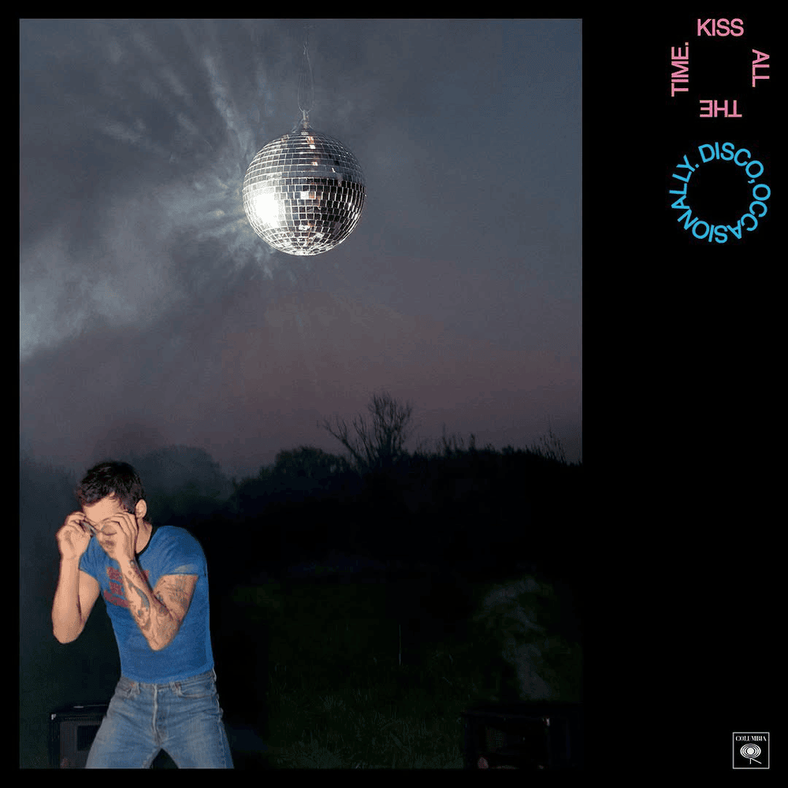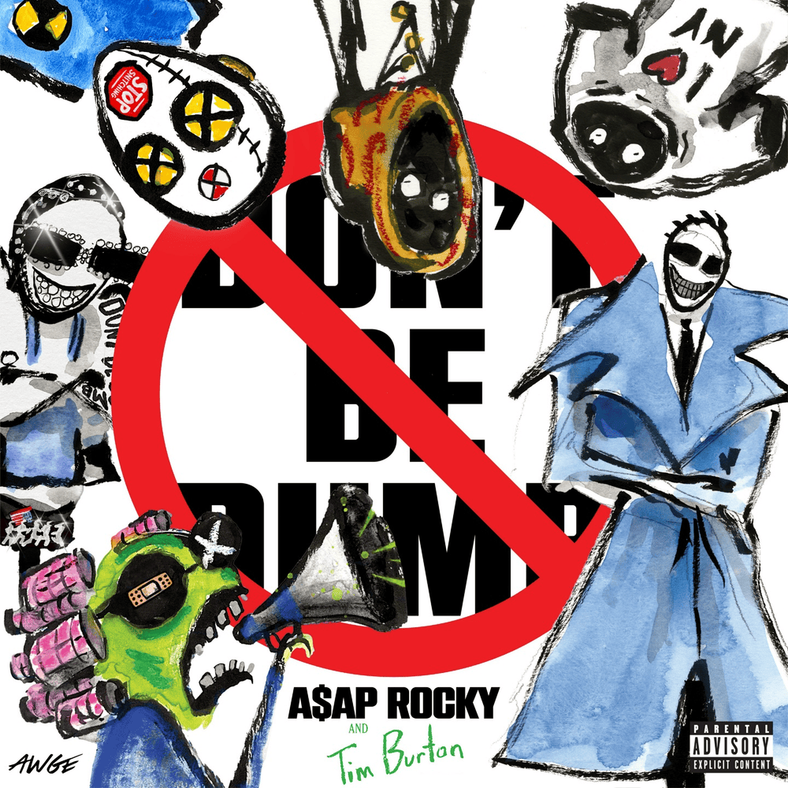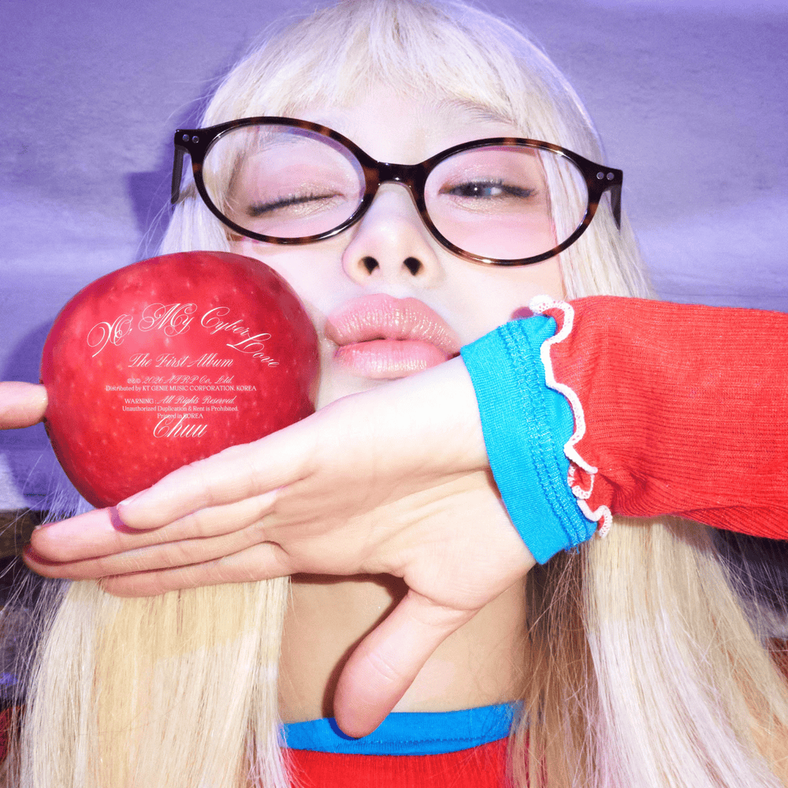Rating: 8/10
On Oct. 18, Bon Iver released a collection of four songs under the name “SABLE,” his first solo project since his 2019 Grammy-nominated album, “i,i.”
If you’re a long-time music fan, the name Bon Iver should ring a bell. Bon Iver is a band with multiple contributors, but it is primarily in the hands of frontman Justin Vernon. He has notable features on songs with artists such as Taylor Swift and, more recently, on Charli xcx’s “Brat” remix album. Vernon is as versatile as an artist can get.
Vernon’s previous album covers are accompanied by nature and neutral tones. The cover of his 2011 album “Bon Iver, Bon Iver” captures a woodsy, snowy cabin scene that illustrates a home for the album to live in. His latest EP strays away from this style, presenting only a black background and a pink square in the middle. Vernon’s vagueness in his cover art adds to the mystery of the work and allows the music to speak for itself.
Get The Daily Illini in your inbox!
Vernon’s past works have been nothing short of emotional. His lyrics dig deep, often uncomfortably so. One of his more popular songs, “Skinny Love,” explores a relationship that has been given little attention and nourishment. The bond between lovers is weak and Vernon recognizes it as such, anticipating its end.
His latest project has all the honesty of his past works while tackling the topic of change and the uncertainty that comes with it. With familiar guitar and melancholic sounds, Vernon’s “SABLE,” does not stray far from what he has put out in the past. However, there is a refreshing simplicity and an undertone of hope that gives this EP its own life.
The EP opens with a 12-second instrumental of a high-pitched ring, accompanied by some movement behind it. It builds in intensity around the 10-second mark and transitions smoothly to the second song of the EP.
“THINGS BEHIND THINGS BEHIND THINGS” continues the album with a bright guitar introduction, followed by the hard-hitting lyrics, “I would like the feeling gone/ ‘Cause I don’t like the way it’s, I don’t like the way it’s/ I don’t like the way it’s looking.”
Vernon perfectly describes the feeling of past pain in the opening lines — being aware of one’s own distress, but not wanting to revisit pain that can disturb the healing process. The song expands on this idea, with the title being a metaphor for an overstuffed garage. Similar to pain, the more you try to address one part of the issue, the more issues arise that require your attention.
The single for the EP, “S P E Y S I D E,” follows the same bright guitar as the previous track, but with more of an acoustic feel. The lyrics reflect on pain yet again, but instead from the person on the receiving end of his actions.
Vernon describes the realization of the harm one has done, immediate regret and asking for forgiveness. Lyrics such as “Maybe you can still make a man from me,” showcase Vernon’s vulnerability, acceptance of his wrongful actions and willingness to change.
“AWARDS SEASON” is the longest song on the EP. The five-minute track opens up with spacey instrumentals and is immediately accompanied by Vernon’s powerful vocals. The lyrics and rhyme scheme of the song are simple, but packed with intensity.
The second verse introduces a piano for the first time in the EP as Vernon reflects on a past relationship where both parties “…needed so much soothing.” Although it is clear things did not last in this relationship, he is able to look back fondly on the shared experience, noting that in the midst of change, he knows shared memories will last.
When asked by The New Yorker what being a sable means to him, he defined it as darkness. When looking back on his career and accolades, he said, “I was getting a lot of positive feedback for being heartbroken. And I wondered, maybe I’m pressing the bruise.” For Vernon, it felt counterintuitive to relish in the success of work that came from pain, but he felt like he had to stay in that place to continue making meaningful work.
The 12-minute EP is filled with impactful lyrics and warm sounds. It feels like an honest conversation with a friend. As Vernon explains, change can be hard to deal with, but he puts it best: “But you know what will stay?/ Everything we have made.”






